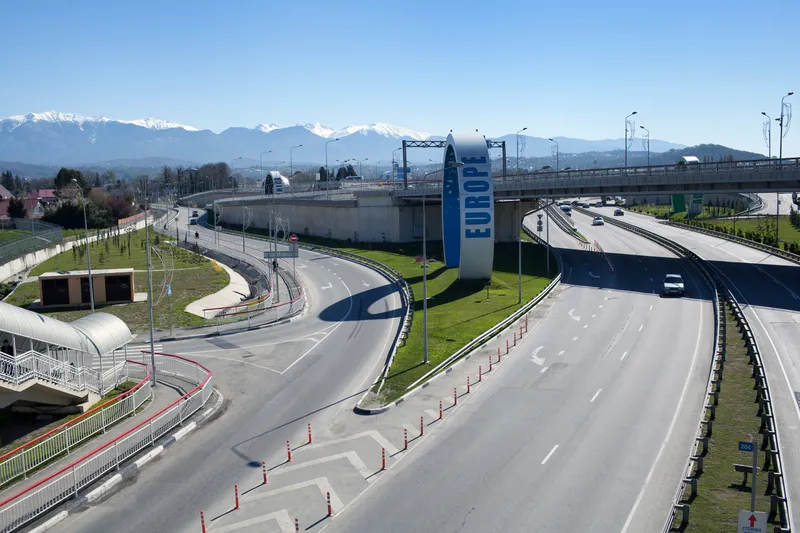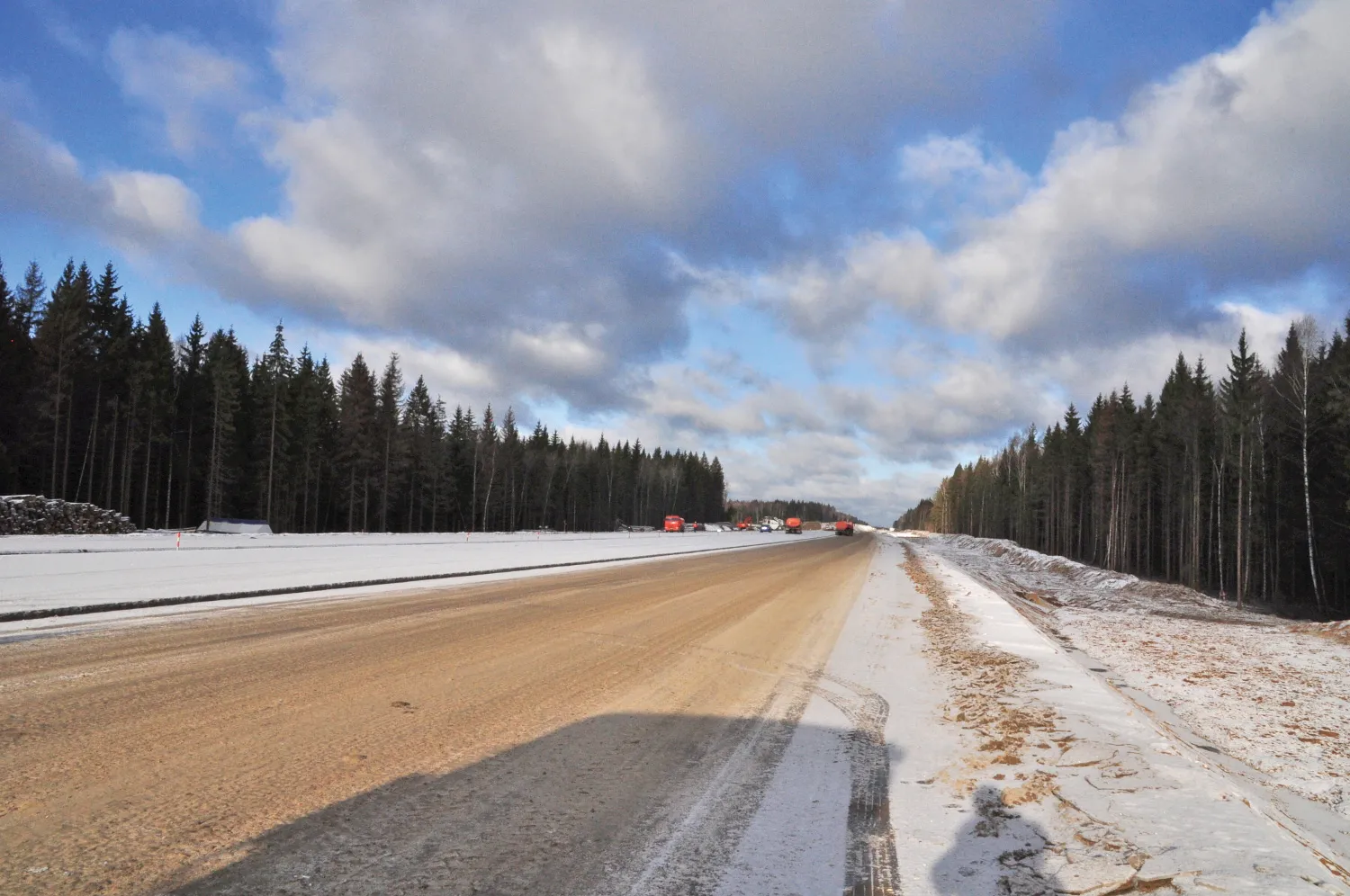Russia is looking to spend upwards of US$106 billion to improve motorways in Siberia, the Ural Mountains and central Asia by 2030.
A report by the Russian financial newspaper Kommersant said that the federal transport ministry and the Federal Road Transport Agency – Rosavtodor - have designed a strategy to build another 15,000km of toll motorways to add to the already 5,000km. However, some of the ‘new’ motorways could be upgrades of two-lane roads.
Between 30-50% of the cost will be borne by the priv
August 9, 2016
Read time: 2 mins
Russia is looking to spend upwards of US$106 billion to improve motorways in Siberia, the Ural Mountains and central Asia by 2030.
A report by the Russian financial newspaper6440 Kommersant said that the federal transport ministry and the Federal Road Transport Agency – 7931 Rosavtodor - have designed a strategy to build another 15,000km of toll motorways to add to the already 5,000km. However, some of the ‘new’ motorways could be upgrades of two-lane roads.
Between 30-50% of the cost will be borne by the private sector, said the Kommersant report.
However, Russia’s road expansion plans have hit the financial bumpers in the past year, as World Highways reported in May 2015. The crisis was deemed to be a result of Western sanctions as well as a collapse in the price of oil and gas.
Last year, Rosavtodor announced plans to cut funding domestic road building by 28% for 2015. This will be equivalent to a cut of $706 million. Rosavtodor is the Russian Government agency responsible for overseeing the road transport industry and transport engineering in the country.
A report by the Russian financial newspaper
Between 30-50% of the cost will be borne by the private sector, said the Kommersant report.
However, Russia’s road expansion plans have hit the financial bumpers in the past year, as World Highways reported in May 2015. The crisis was deemed to be a result of Western sanctions as well as a collapse in the price of oil and gas.
Last year, Rosavtodor announced plans to cut funding domestic road building by 28% for 2015. This will be equivalent to a cut of $706 million. Rosavtodor is the Russian Government agency responsible for overseeing the road transport industry and transport engineering in the country.









